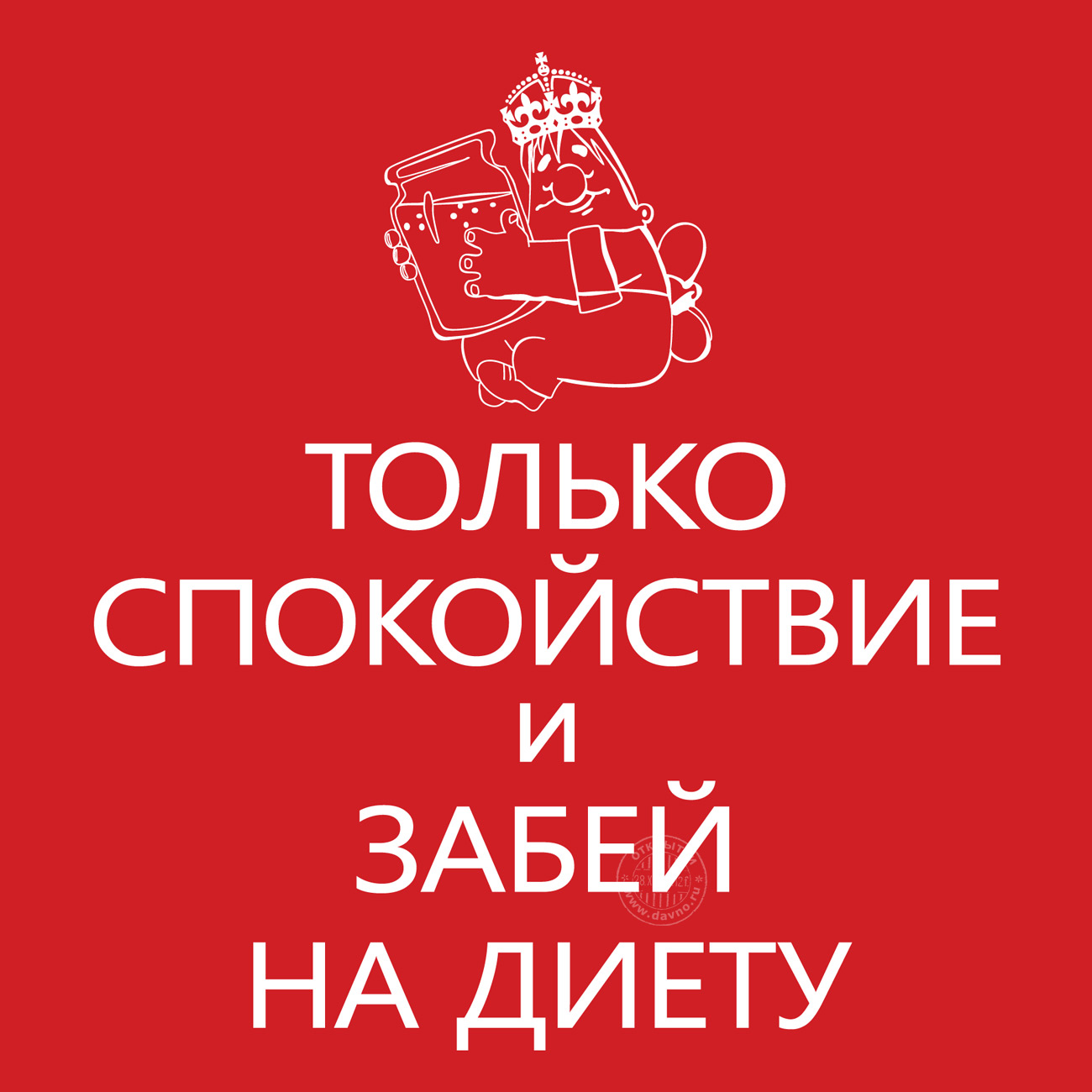
WEIGHT: 63 kg
Bust: SUPER
1 HOUR:80$
Overnight: +100$
Sex services: BDSM (receiving), Massage anti-stress, Sex anal, Anal Play, 'A' Levels
Bloody Sunday , or the Bogside Massacre , [ 1 ] was a massacre on 30 January when British soldiers shot 26 unarmed civilians during a protest march in the Bogside area of Derry , [ n 1 ] Northern Ireland. Thirteen men were killed outright and the death of another man four months later was attributed to gunshot injuries from the incident. Many of the victims were shot while fleeing from the soldiers, and some were shot while trying to help the wounded.
The soldiers were from the 1st Battalion of the Parachute Regiment "1 Para" , the same battalion implicated in the Ballymurphy massacre several months before. Two investigations were held by the Government of the United Kingdom. The Widgery Tribunal , held in the aftermath, largely cleared the soldiers and British authorities of blame. It described some of the soldiers' shooting as "bordering on the reckless", but accepted their claims that they shot at gunmen and bomb-throwers. The report was widely criticised as a " whitewash ".

The Saville Inquiry , chaired by Lord Saville of Newdigate , was established in to reinvestigate the incident much more thoroughly. Following a twelve-year investigation, Saville's report was made public in and concluded that the killings were "unjustified" and "unjustifiable". It found that all of those shot were unarmed, that none were posing a serious threat, that no bombs were thrown and that soldiers "knowingly put forward false accounts" to justify their firing.
One former soldier was charged with murder, but the case was dropped two years later when evidence was deemed inadmissible. Bloody Sunday came to be regarded as one of the most significant events of the Troubles because so many civilians were killed by forces of the state, in view of the public and the press. Support for the Provisional Irish Republican Army IRA rose, and there was a surge of recruitment into the organisation, especially locally.

The City of Derry was perceived by many Catholics and Irish nationalists in Northern Ireland to be the epitome of what was described as "fifty years of Unionist misrule": despite having a nationalist majority, gerrymandering ensured elections to the City Corporation always returned a unionist majority. The city was perceived to be deprived of public investment: motorways were not extended to it, a university was opened in the smaller Protestant -majority town of Coleraine rather than Derry see University for Derry Committee and, above all, the city's housing stock was in a generally poor state.



































